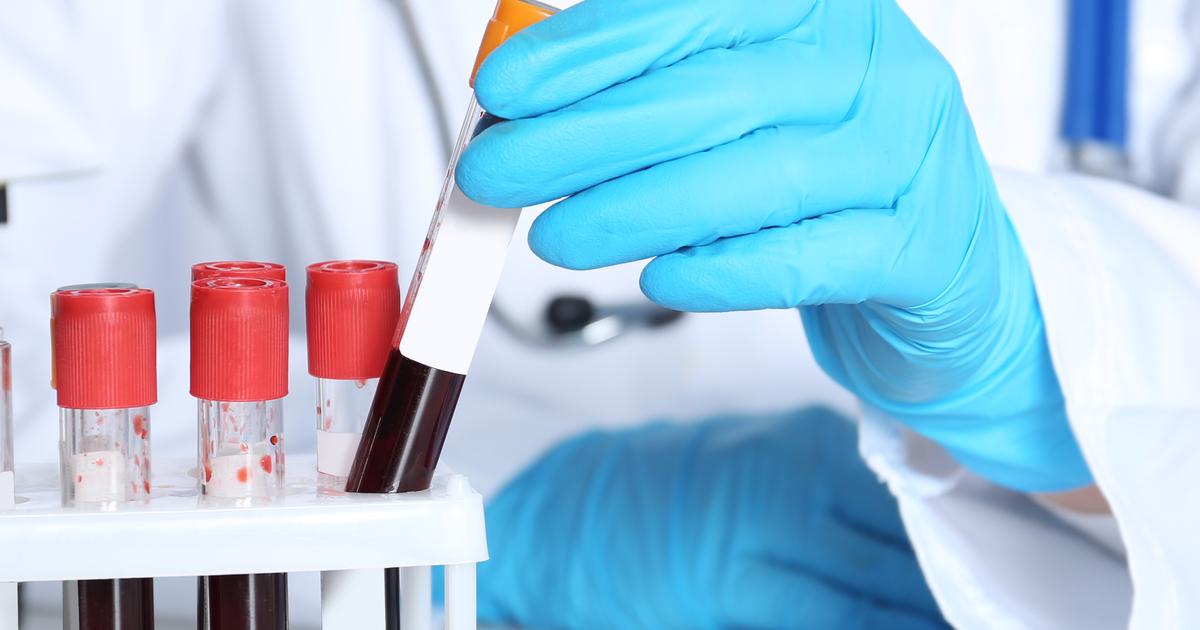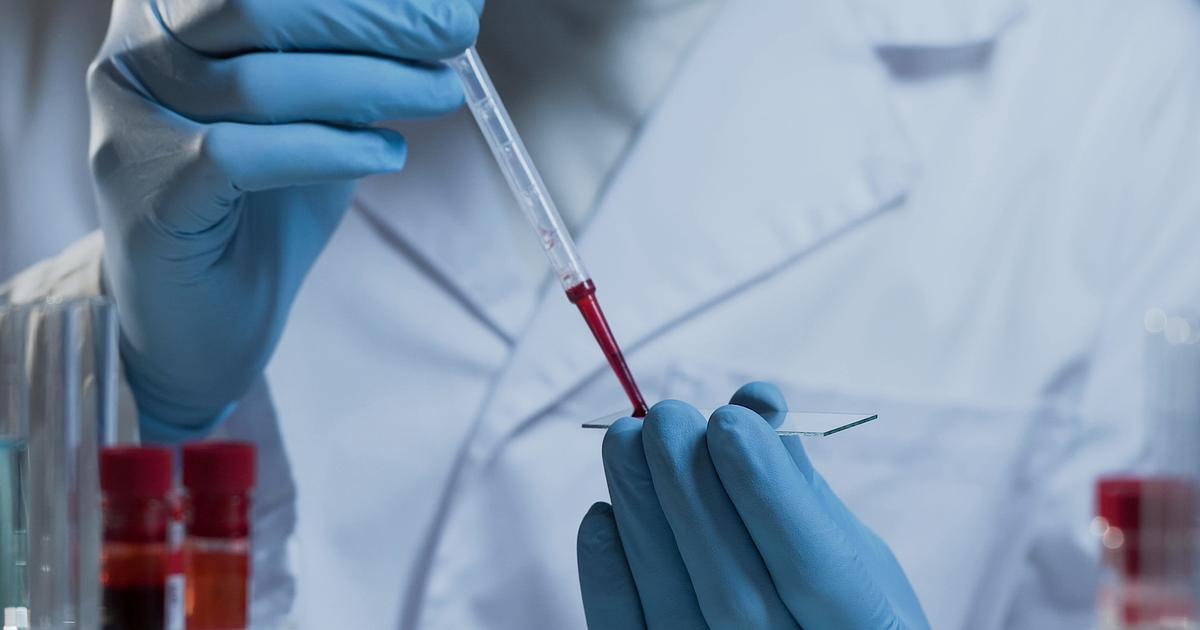Blood-Test Breakdowns That Could Make You The Sherlock Holmes of Hematology
Blood tests are more than just routine checkboxes—they’re your body’s personal data stream, revealing the hidden stories beneath how you feel. Far beyond just cholesterol and glucose, your blood holds the clues to your energy, immunity, hormones, organ function, and even the early whispers of disease. Think of it as your internal dashboard—constantly updating, quietly alerting, and always telling the truth. Whether you’re managing a condition, chasing peak performance, or just tired of feeling “off” without answers, decoding your bloodwork can change everything. From red and white blood cells to inflammatory markers, nutrient levels, and metabolic function, each test uncovers a different layer of your body’s internal rhythm. That’s why we’ve expanded our guide to 25 essential blood test breakdowns—demystifying what they mean, why they matter, and how they can help you make smarter, more empowered choices. Because the more you know your numbers, the better you can know—and protect—yourself.
1. Complete Blood Count

A complete blood count (CBC) is a hematology test that evaluates a patient's overall health. It can be used to detect multiple different disorders, including leukemia, infection, and anemia. These tests review several different aspects of blood. This includes measuring the amount of white blood cells, red blood cells, hemoglobin, and platelets in the makeup of a patient's blood. In addition, they measure the proportion of plasma to red blood cells. If any of these readings are unusual, the hematologist will have a better sense of the underlying condition with which a patient may be dealing. Complete blood counts are used for multiple different reasons. In addition to being a diagnostic tool, they can be used to review overall health during a routine examination, monitor a chronic medical condition, or monitor ongoing medical treatment. If a patient is recovering from a medical condition like cancer, their doctor may order complete blood counts periodically to make sure they have not had any relapses. Complete blood counts are not fasting blood tests. However, patients may need to fast if their doctor needs additional information from the sample.
2. Blood Chemistry Test

A blood chemistry test is another hematology test that measures chemicals found in a blood sample. They help find abnormalities in chemical levels and determine how well an individual's organs are functioning. These tests are also sometimes interchangeably called chemistry panels. Multiple types of chemistry tests are available, and the one a doctor uses will vary depending on the patient's circumstances. The doctor may measure minerals, vitamins, proteins, sugars, hormones, lipids, electrolytes, enzymes, or any combination of them. Electrolyte panels measure minerals, including bicarbonate, phosphate, magnesium, potassium, sodium, and chloride. Renal panels measure the function of the kidneys by seeing how much creatinine and blood urea nitrogen are in the patient's blood. Basic metabolic panels take both electrolyte and kidney readings, and also measure the patient's calcium and glucose. Comprehensive metabolic panels take all of these measurements and also include a liver function test. Blood chemistry tests are used to diagnose conditions, monitor ongoing treatment, and measure the function of organs like the thyroid, liver, and kidneys.
